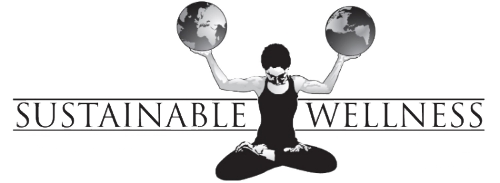As young adults, relationships can feel challenging as we navigate our emotions in our various personal and professional relationships. Not knowing how to communicate and understand our boundaries in ways that are thoughtful and appropriate is frustrating, especially when situations become emotionally sticky or stressful. Perhaps you find yourself performing as a “people pleaser” and end up over-extending yourself. Alternatively, maybe you hold yourself back, and do not express your needs and desires fully. Neither situations are helpful; you may become resentful towards yourself/others, or end up feeling disconnected, isolated, and unsatisfied.
What if you had the tools to feel very clear about your boundaries, needs, and desires, and knew exactly how to communicate them confidently, clearly, and kindly? What if, whenever you spoke, you were met with value, respect, and care? What if you knew how to transform a possible conflict into deeper connectedness by simply knowing how to listen and share information effectively? It is possible.
One of the first steps in establishing respectful and safe relationships is to cultivate healthy boundaries with yourself. Both self-care and the process of creating healthy relationships begin with cultivating and enforcing healthy boundaries.
How we learned to show up in relationships is influenced by our childhood experiences and influences our current adult nervous system. Emotionally intense experiences from our early years impact and train our nervous system in certain (often subtle and unconscious) ways and influence how we engage/trust/show up in our adult relationships today.
Additionally, depending on coping mechanisms learned from childhood, we behave in certain ways (intentional/proactive/conscious or involuntary/reactive/unconscious) with people in our adulthood.
Establishing healthy boundaries and transforming unconscious reactivity is the fundamental to creating effective, conscious, confident, kind, meaningful, and safe relationships.
Effective and conscious communicators feel both free and connected with those who they are building relationships with. Effective communicators know how to ease tension, resolve misunderstandings, and strengthen relationships. They know how to create emotionally safe, empathetic, and connected relationship environments that feel authentic and supportive, without the use of damaging behaviors such as judgement, shame, blame, put-downs, etc.
Ready to dive into establishing effective boundaries and meaningful relationship skills?
We got you covered. These skills can be cultivated and developed through a 6 month Conscious Communication coaching program. In the Conscious Communication coaching program, you will gain effective ways to think about and practice communication with your loved ones, friends, and colleagues through bi-monthly coaching sessions.
Additionally, in 2020, Sustainable Wellness is proud to host Conscious Communication weekend workshops and support groups for young adults. couples, leaders, and professionals who are ready to upgrade their personal and professional relationships.
A 12-hour introductory weekend seminar will teach participants:
grounding practices during emotionally triggering situations
empathy, trust, and safety building skills
skills to become master listeners and speakers
how to become curious communicators
how to build relationships through and beyond identity differences
If you are new to Conscious Communication, the weekend seminar is an excellent introduction. You will recieve the foundational tools and resources necessary to create more meaningful and intentional relationships in your life.
This workshop is helpful for all who want to improve and heal relationships from past damage as well!
Next workshop is in Spring 2020.
Spots are filling up- Join the wait-list today!

